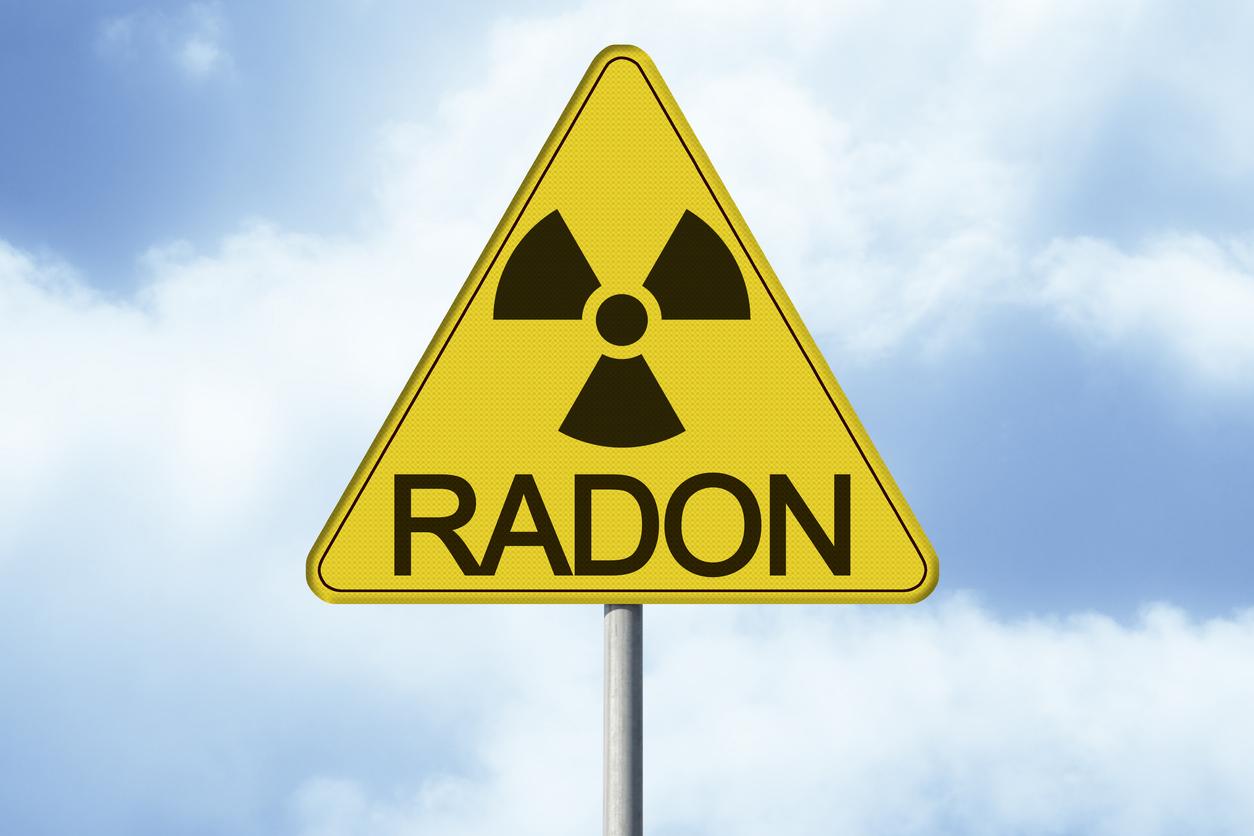Diesel engine exhausts are known carcinogens, like tobacco. And only 15% of vehicles are equipped with filters.

“The public health problem linked to diesel is behind us.” Arnaud Montebourg, the Minister of Productive Recovery is categorical. As a result, there will be no conversion bonus to encourage owners of the most polluting old diesel vehicles to change cars, nor an increase in the tax on diesel. “It’s not on the agenda,” said Arnaud Montebourg during his visit to the Geneva Motor Show.
Do doctors share the minister’s opinion? Is the public health problem related to diesel really behind us? Not so sure if we peel the scientific literature.
In June 2012, the International Agency for Research on Cancer (IARC), which is part of the World Health Organization (WHO), has classified diesel engine exhaust as carcinogenic to humans (Group 1).
“The scientific data was compelling and the working group’s conclusion unanimous: Diesel engine exhaust causes lung cancer in humans,” said Dr Christopher Portier, chair of the IARC working group. “Given the additional impact of particulates emitted by diesel engines on health, exposure to this mixture of chemicals should be reduced worldwide,” he added. The IARC experts had “sufficient evidence that such exposure is associated with an increased risk of lung cancer.” “
Listen to Dr Lamya Tallaa, from the International Agency for Research on Cancer (IARC): “Diesel exhausts are classified as known carcinogens, like tobacco.”
The duration of exposure to diesel exhausts is obviously very important. For the first time, a study published in October 2012 in the Journal of national cancer institute highlights a dose-effect relationship between the risk of bronchial cancer and exposure to these exhaust gases. Concretely, for those most exposed, the risk of bronchopulmonary cancer is multiplied between 2.4 and 5.
Of course, lung cancer is the # 1 pathology that emerges in diesel studies. But, exposure to diesel fumes would also promote the occurrence of bladder cancer.
The heart would also be sensitive to this pollution. In February 2012, the compilation of 34 studies made it possible to quantify the link between air pollution and the appearance of heart attacks. Result: between 0.6 and 4.5% of heart attacks are triggered by a strong exposure in the previous 7 days to an atmospheric pollutant: nitrogen monoxide, carbon monoxide, sulphides or the famous microparticles.
Listen to Dr Yves Cottin, cardiologist at Dijon University Hospital: “People at risk who have already had a heart attack should avoid exposing themselves or playing sports during periods of peak pollution”.
On the brain, it has also been found that the risk of stroke increases within 12 to 14 hours after exposure to peak air pollution by fine particles. Reducing this type of air pollution by 20% could have prevented 6,000 strokes in 2007 in the United States.
On the subject, the figures are not lacking. The Ministry of Ecology even recalls that fine particles are the cause of 42,000 premature deaths per year. But, beware, “these figures are only mathematical extrapolations.
Listen to Professor Michel Aubier, head of the pneumology department at Bichat hospital: “There is a small excess mortality, but this should not be compared with asbestos. Scientifically, it makes no sense.”
60% of fine particles do not come from diesel
Moreover, fine particles do not come only from diesel, 30 to 40% of fine particles in the atmosphere are emitted by vehicles, the rest coming from industry and agriculture. But fine diesel particles still have a specificity. “They increase the allergic reaction. We don’t have proof that it triggers asthma, but it worsens it, that’s for sure, ”says Michel Aubier.
This evidence has obviously accumulated over the years and the authorities did not wait for the IARC to classify diesel as a definite carcinogen before taking protective measures. In 1997, the very first cars fitted with particulate filters entered the market. And little by little, more efficient filters have emerged to meet European standards. “The new diesel engines fitted with Euro 5 and Euro 6 filters are very efficient. Almost no particles are emitted, ”confirms Professor Aubier. What makes Arnaud Montebourg say that “the public health problem linked to diesel is behind us”.
But, only 15% of the French car fleet is equipped with particulate filters. And certainly much less of the latest generation filters. On the other hand, the number of diesel vehicles continues to increase. They represent 60% of our vehicle fleet but 72% of sales in 2012. As for old vehicles from before 2000, considered to be the most polluting, they represent 27% of the fleet.
This is why the Ministers of Ecology and Housing, Delphine Batho and Cécile Duflot, were in favor of a premium to encourage owners of old diesel vehicles to change their car. And for Michel Aubier, “it is a shame to abandon this idea. It is surely a costly measure, but it is wise. Especially with the economic crisis, the life of a vehicle is longer. So they have time to pollute a lot. “
.

















